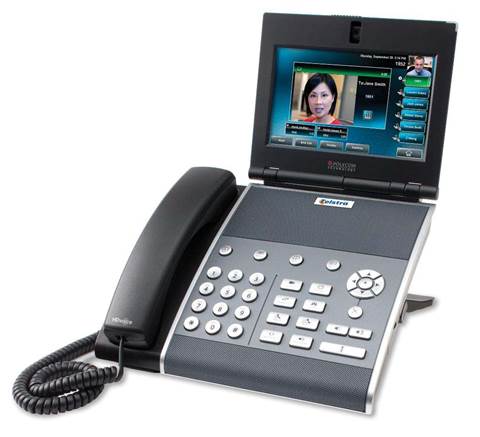The Tribunal rejected Telstra's applications for exemption from obligations to supply the wholesale line rental service and local carriage service in parts of metropolitan Australia.
In the Tribunal’s reviewed the decision made by the ACCC in August 2008, which was to grant more limited exemptions than those sought by Telstra.
The exemptions that the ACCC had granted were for exchange service areas (ESAs) where four or more Unconditioned Local Loop Service (ULLS)-based entrants had entered or where the ESA had 14,000 or more addressable services in operation.
The ACCC also imposed a number of conditions dealing with impediments faced by some access seekers when seeking to use the ULLS.
According to the Tribunal the problem is that entry by one firm, or even by more than one firm, of itself does not establish that the incumbent is either presently restrained or is likely to be subject to the constraints of the competitive process in the future.
However ACCC Chairman, Graeme Samuel claimed the ACCC recognises that this decision was a matter of judgement and understands that there are reasons why the Tribunal came to a different conclusion.
“As with all court and Tribunal decisions, the ACCC will review those reasons and consider the implications for the ongoing performance of its regulatory functions," he stated.
Samuel said the ACCC considered - in a limited number of metropolitan exchange service areas (ESA) there were sufficient means by which competing telco providers could supply voice services to consumers and that Telstra's provision of these wholesale services were no longer an enduring bottleneck.
The Tribunal, however, did not adopt the ACCC's reasoning. In relation to the question of timing of when to withdraw regulated access.
"It would normally be easier to revisit a decision at a later stage and subsequently withdraw regulation, than it would be to re-regulate after the market had been divested of some or all of its regulatory constraints," stated the Tribunal.
The local carriage service is a wholesale local call service that allows access seekers to resell local calls to end-users.
The wholesale line rental service involves the provision of a basic line rental service that allows an end-user to connect to the public switched telephony network.
The LCS was declared by the ACCC in August 1999 and re-declared in July 2006. WLR was declared by the ACCC in July 2006.
On 9 July 2007, Telstra lodged two exemption applications pursuant to section 152AT of the Act, seeking exemption from its SAOs in relation to supply of WLR and LCS in 371 metropolitan ESAs.
On 22 August 2008, the ACCC granted a limited exemption in a sub-set of ESAs in which there were 14,000 or more addressable services in operation or four or more ULLS-based competitors (including Telstra), subject to a number of conditions and limitations.
Telstra’s wholesale network still needed
By
Staff Writers
on Dec 31, 2008 12:11PM

Got a news tip for our journalists? Share it with us anonymously here.
Partner Content
.jpg&h=142&w=230&c=1&s=1)
New Microsoft CSP rules? Here’s how MSPs can stay ahead with Ingram Micro

Guiding customers on the uneven path to AI adoption

Beyond the box: How Crayon Is Redefining Distribution for the Next Era
.png&h=142&w=230&c=1&s=1)
How mandatory climate reporting is raising the bar for corporate leadership
_(21).jpg&h=142&w=230&c=1&s=1)
Empowering Sustainability: Schneider Electric's Dedication to Powering Customer Success






.jpg&w=100&c=1&s=0)
_(8).jpg&w=100&c=1&s=0)











